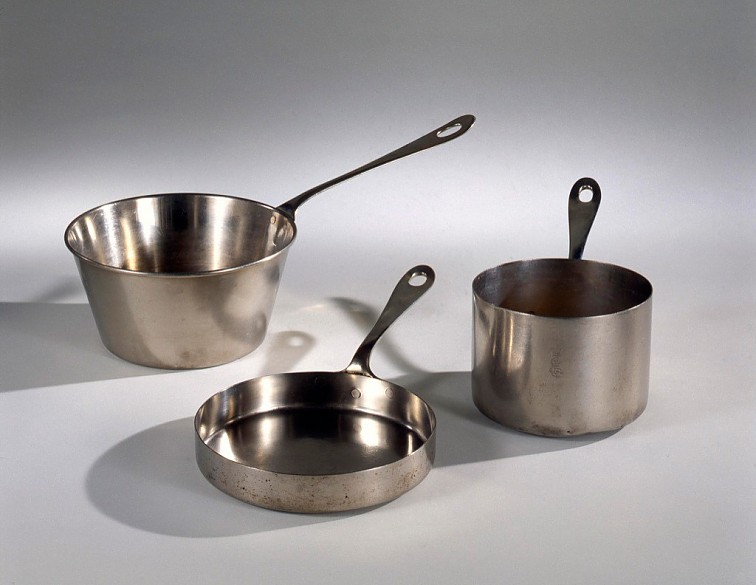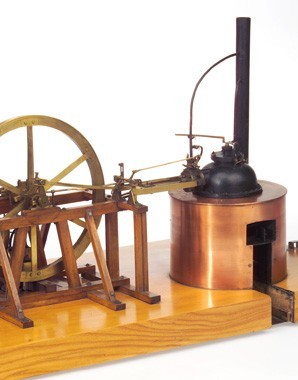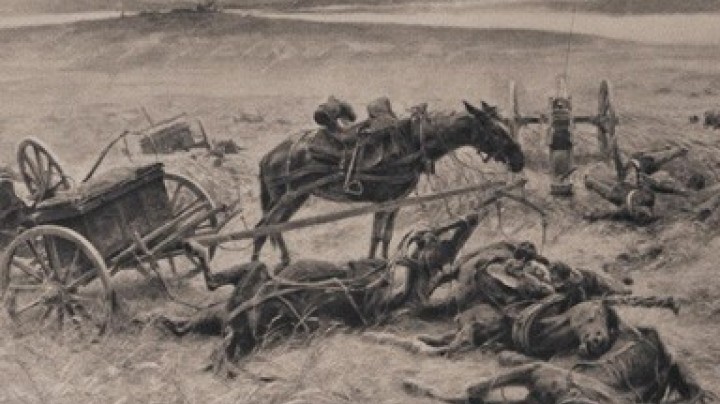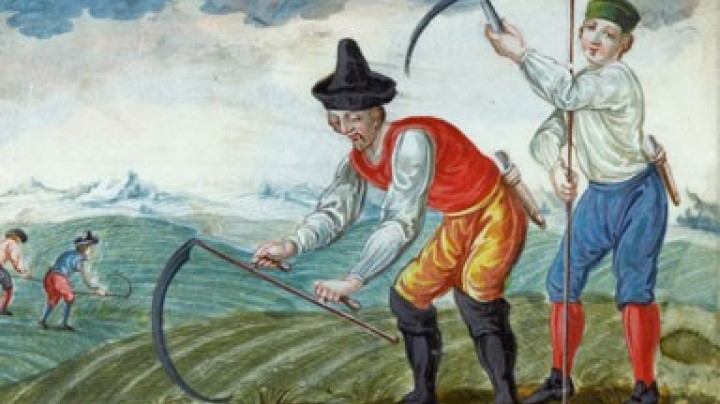Does industry go with monarchy? Factories and their workers are kept at arm’s length
Whether future-oriented industry and traditional monarchy really went together was the subject of heated discussion; on top of that imperial circles developed a fear of ‘vile matter’.
In 1852 Archduke Maximilian expressed ‘his concerns about the necessary increase in vile matter in the population’ and proposed building a wall in order to keep it outside Vienna. Who or what was it that Maximilian meant by this ‘vile matter’ and why should a wall keep it out?
On the one hand Maximilian was thinking of factories, which spread stench and harmful substances from their smoking chimneys. On the other hand he was, however, thinking of the proletariat, who were also to be kept away from the inner city, in order to ‘protect’ the areas where the aristocracy, the Court and wealthy citizens lived. He and others were also anxious about the large number of workers, since they might join forces and shake the ‘old’ order together with the imperial dynasty and the aristocracy.
What was favoured was a form of corporate society based on craftsmen with small businesses in the city, because they would then fit into the existing model of society consisting of aristocrats, craftsmen and peasants. Aristocrats were mainly active in the agricultural and forestry sectors, although some were also involved in other fields. They acquired their wealth thanks to the careful management of the large estates they owned and the products from this land, including both agricultural and forestry products such as sugar and timber and mining products.














